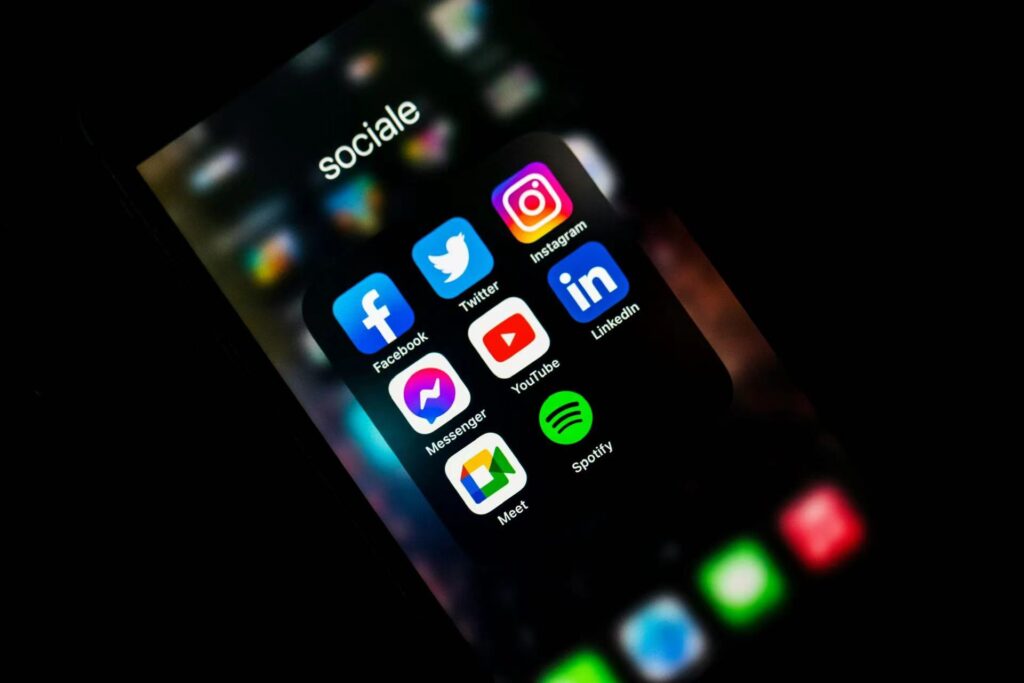In today’s digital age, social media filters have become a ubiquitous part of our online experience. Discover how every habit starts with a trigger that leads to a rewarding action, with checking social media being no different. From smoothing out skin tones to enhancing facial features, these filters offer instant beauty gratification. But there’s a hidden, darker side to this trend: the rise in cosmetic surgery fueled by these seemingly innocent enhancements.
The Allure of Perfection: Social Media’s Influence
In today’s digital age, social media platforms have become a major influence on our lives. From Instagram to Snapchat and TikTok, the use of filters has skyrocketed. These filters, which can smooth skin, alter facial features, and enhance overall appearance, create an idealized version of ourselves. But what happens when the digital fantasy begins to affect real-life decisions?
The Rise of Cosmetic Surgery
Many individuals are now seeking cosmetic surgery to replicate the flawless look achieved by social media filters. According to recent studies, there has been a significant increase in cosmetic procedures, particularly among younger demographics. This trend, often referred to as “Snapchat Dysmorphia,” highlights the growing desire to look like one’s filtered self.
Psychological Impact of Filters
The constant exposure to edited images can have a profound impact on mental health. People begin to see filtered images as the standard of beauty, leading to dissatisfaction with their natural appearance. Based on a report from the National Library of Medicine, this dissatisfaction can result in anxiety, depression, and a compulsive need for cosmetic enhancements. >> Report DOWNLOAD HERE: PDF (271K) <<
The Role of Influencers
Influencers play a crucial role in this phenomenon. With millions of followers, influencers often showcase their flawless, filtered images, setting unrealistic beauty standards. Their influence can persuade followers to seek cosmetic procedures to achieve similar looks, perpetuating the cycle of altered reality and real-life dissatisfaction.
The Cosmetic Surgery Industry’s Response
The cosmetic surgery industry has seen a surge in demand for procedures such as rhinoplasty, lip fillers, and Botox. Surgeons report that patients frequently bring in filtered photos of themselves as a reference for desired outcomes. This shift has forced the industry to adapt, with many clinics now offering services tailored to replicate filtered aesthetics.
The Ethical Dilemma
There is an ongoing ethical debate surrounding the promotion of cosmetic surgery fueled by social media filters. Critics argue that it exploits insecurities and promotes unattainable beauty standards. On the other hand, some believe it provides individuals with the opportunity to enhance their self-esteem and confidence.
Conclusion: Finding Balance
The balance between enhancement and acceptance is delicate. While cosmetic surgery can offer a boost in confidence and self-esteem, it’s crucial to approach it with realistic expectations and a healthy mindset. Social media filters may provide a temporary escape, but true beauty lies in self-acceptance and embracing one’s natural features.
FAQs
What are social media filters?
Social media filters are digital effects applied to photos and videos to enhance or alter appearance, often used on platforms like Instagram and Snapchat.
How do filters affect self-esteem?
Filters can negatively impact self-esteem by creating unrealistic beauty standards and fostering a culture of comparison. >> Report DOWNLOAD HERE: PDF (271K) <<
Are cosmetic surgeries safe?
Cosmetic surgeries are generally safe when performed by qualified professionals, but all procedures carry risks that should be carefully considered.
How do social media filters affect mental health?
Excessive use of filters can lead to issues like filter dysmorphia and negatively impact mental health over time.
What are some healthy ways to improve self-image?
Healthy ways to improve self-image include therapy, engaging in self-care practices, reducing social media use, and focusing on inner qualities rather than appearance.

